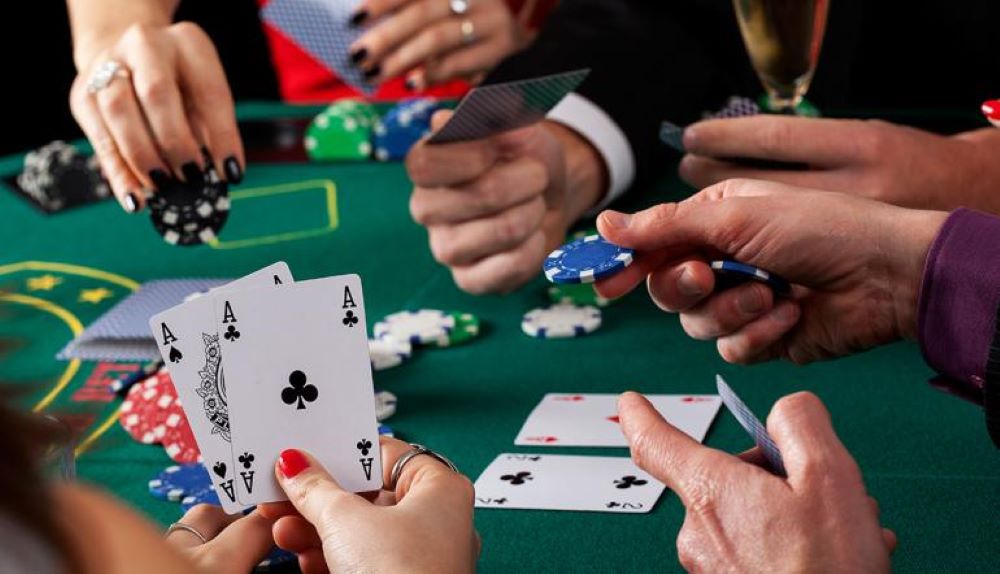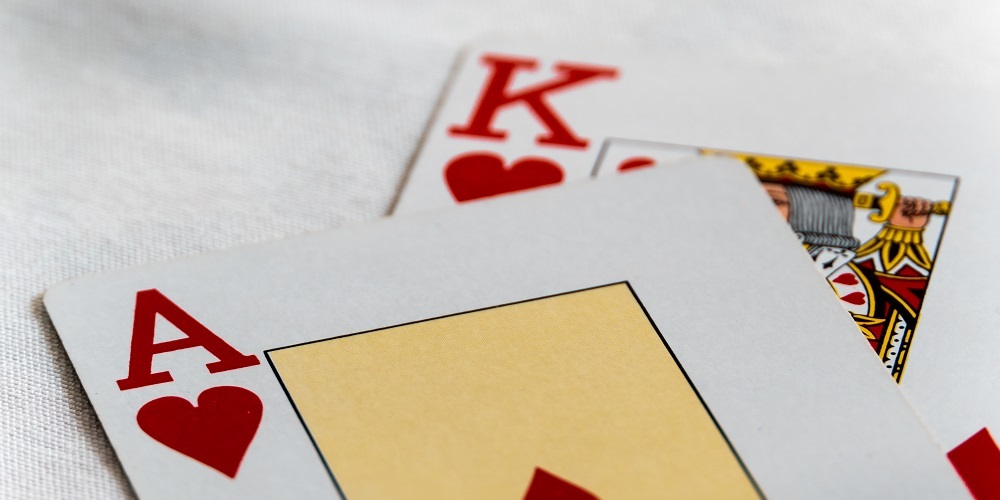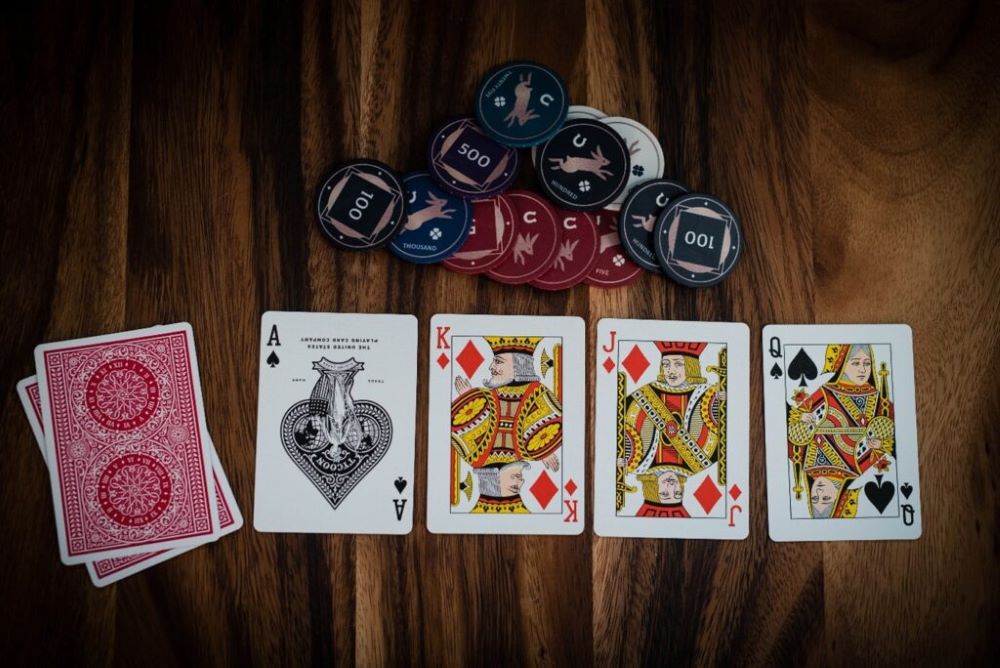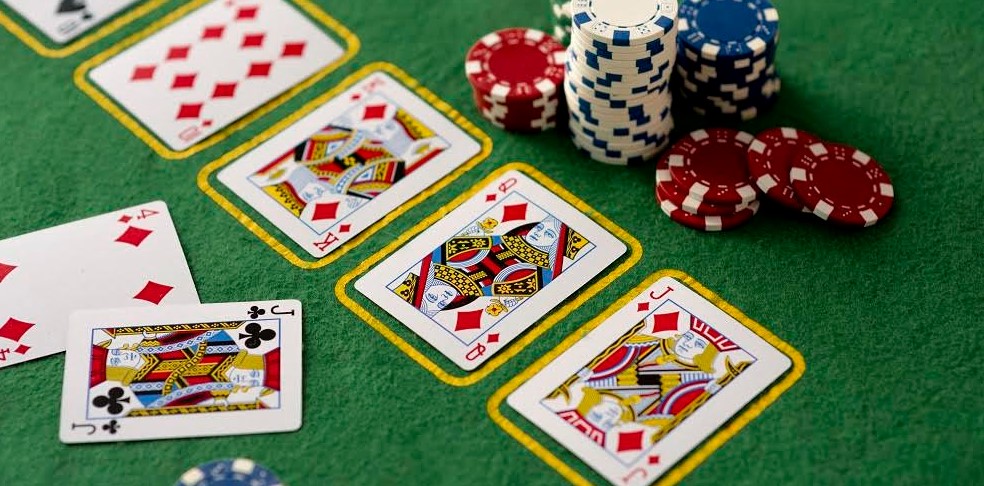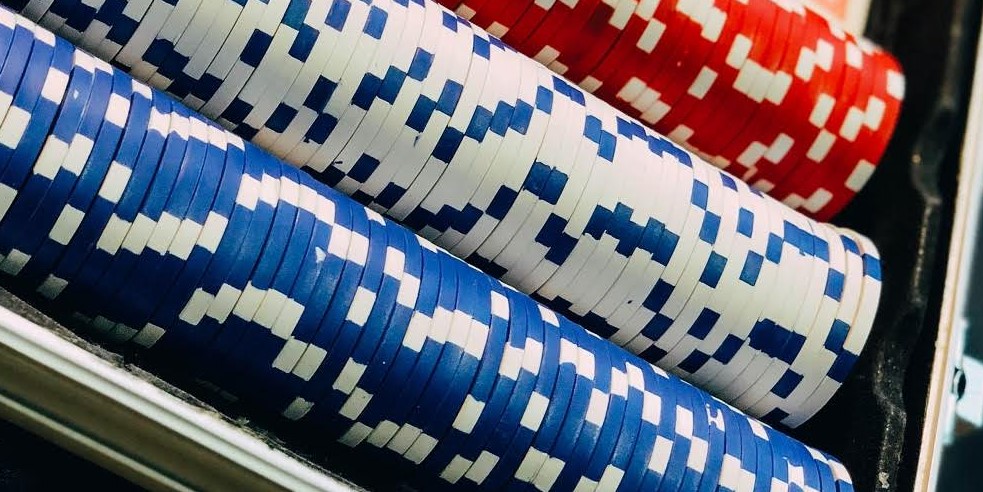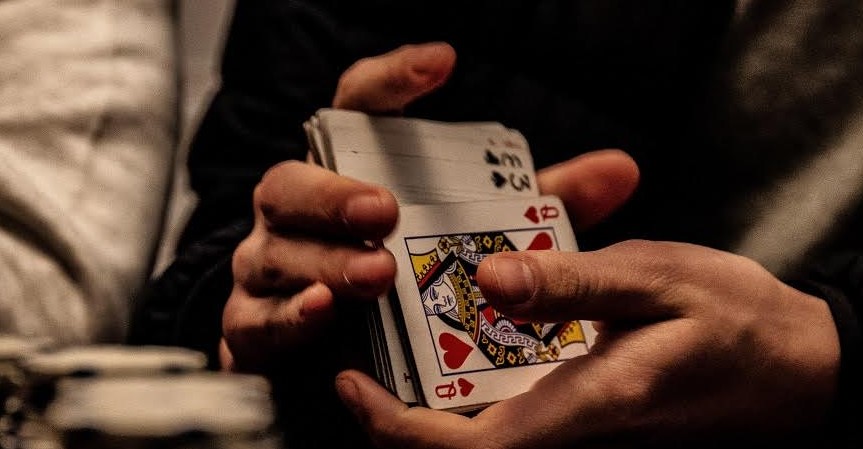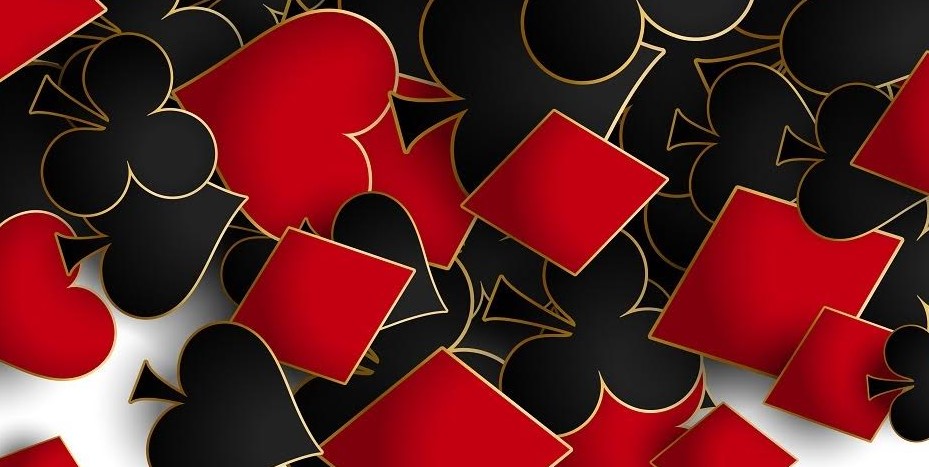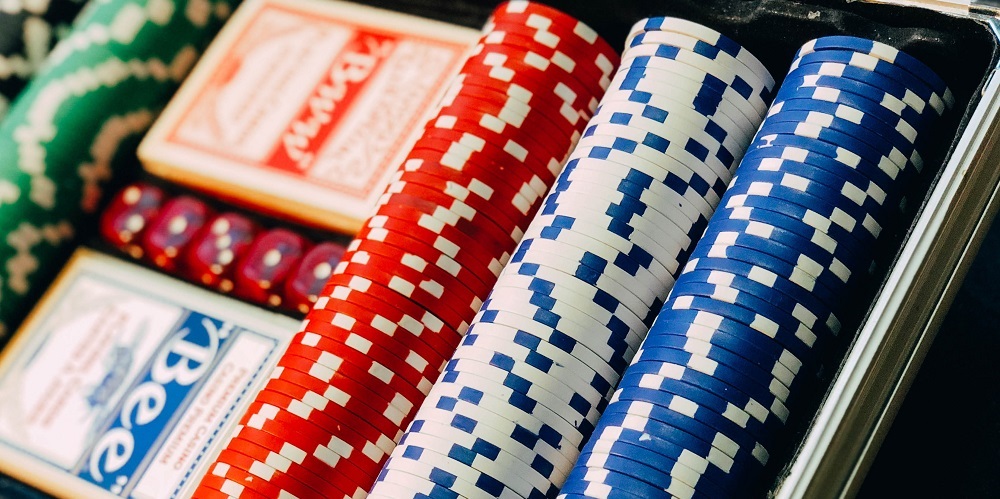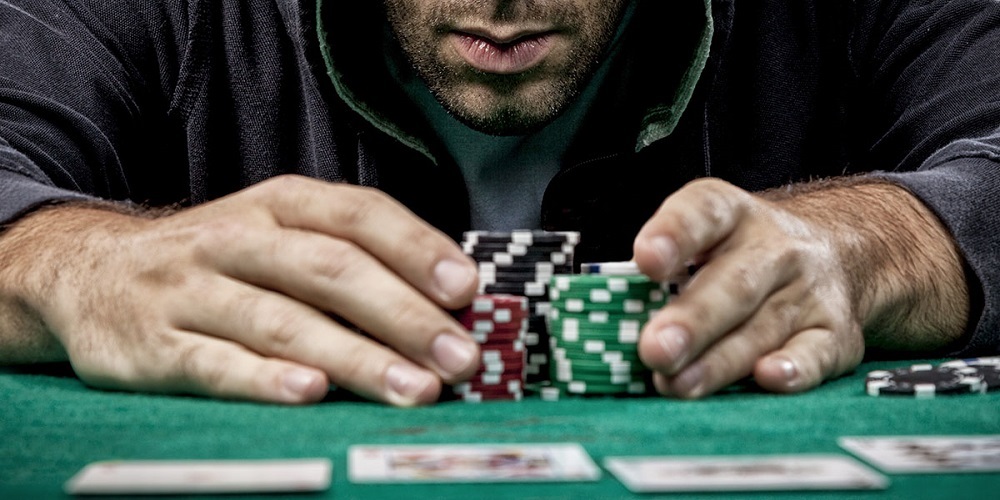When it’s their turn to speak in a poker game, each player can decide between three basic options: fold, bet (by calling or raising), or check. Each action is determined by an anglicism: fold, call, raise and check, respectively.
In this post we are going to focus on the check, the possibilities it offers and how to use it well. Because you can stay in the game without having to talk or having to give up the hand.
So, what does check mean in poker? When should you check in poker? Is it a good option for beginners? Let’s see how the check option works.
What does check mean in poker?
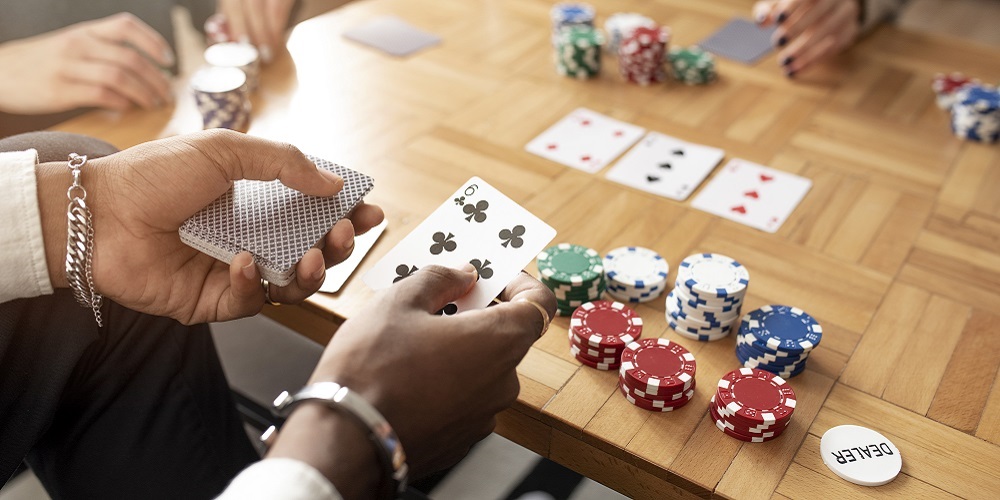
The term “check” in poker means to pass. With check the turn is passed, so the player decides not to bet, but does not want to fold either. He remains in the game, but the situation is not clear to him or he wants to show that it is not clear to the rest. On its own, a check is a good option to stay in the game and wait for the next lane card to put the outs for you.
But it can be used as a base for a confusion strategy and try to catch the rest with the changed pace. For example, a check-raise allows you to play this by pretending that you don’t have a good hand, and in the next turn catching others off guard with a raise that, if they hadn’t caught you, they won’t see it coming.
This is just one example of the game that can check, so the key is knowing how to use it. Because now you will have realized that the check has important strategic connotations. Passing the turn does not mean having a bad hand, if you had a bad hand you would fold. So how and when should this resource be used?
When should you check in poker?
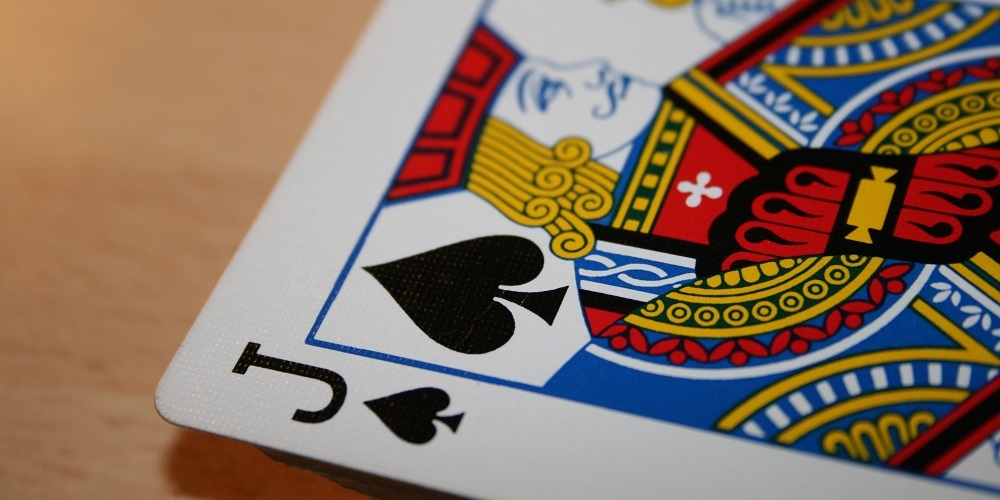
Here comes the interesting thing: when and how to use in poker the check in the most intelligent way possible. There are cases and cases, and although a check may be a good idea in the early rounds, when giving too much information is an avoidable risk and rushing into words can be tremendously detrimental, in reality assuming that there is something else behind a check is always the smarter choice.
Cases in which it is interesting to check in poker:
- On a harmless flop with a weak hand. Playing on the flop keeps a lot of doors open for you to end up hitting a good draw. If there aren’t any overly aggressive players and things are fairly calm, you can take advantage of that quiet flop to not fold, check, and wait for the turn and river cards to bring you better luck.
- With aggressive players at the table. If you perceive a high hostility from the same flop, if you do not have a premium hand, what is best for you for now is to check. Checking when the cards don’t give you enough defensive power is the smart thing to do.
- When you are waiting for a card. If you’re about to hit a draw and you’re waiting for a card to come out on the next street, certainly not exposing yourself unnecessarily is the best option.
- When you want to control the size of the pot. Keeping the pot size in check is important, and it’s something you can more easily achieve through non-talking turns. By checking you contribute to keeping the pot static, keeping it under control and avoiding forcing play. It can happen that another player sees what you are trying and then enlarges it. It is a risk that must be taken.
- When you want to hide the strength of your hand. A classic. If you start with two powerful cards preflop, you want to hit the table as soon as possible, or hide the strength of your hand. If you go for the latter, check and then check-raise to catch them off guard.
- When you want to dedicate yourself simply to analyzing the tells. In longer poker games you should take your time to read the game properly. You will already know how important it is to read your rivals well, and for that the best thing to do is, if the pace of the game allows it, pass and dedicate yourself to analyzing all the body language indicators that can give you clues about your opponent.
